When the dismembered remains of Madalyn Murray O’Hair were found in 2001, it closed the book on a truly controversial figure who was hated by many but arguably loved in equal measure.
Her infamous title of “The Most Hated Woman In America” was first used in a Life Magazine interview from 1964. It was not something she shied away from. She got it after going to the U.S. Supreme Court over the thorniest of topics — religion.
Angry that her son was required to say daily prayers at his Baltimore public school, Murray O’ Hair went on the offensive. Her efforts proved instrumental in getting Christian worship in a state institution overturned.
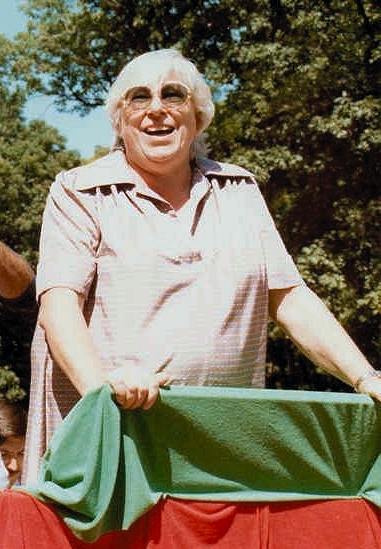
But her crusade, if that’s the word, didn’t end there. As written in a 2017 piece for The Guardian, “the following year another case Murray O’Hair was involved in led the supreme court to rule that bible readings were unconstitutional.” It may have been the Land of the Free, but millions of Americans regarded the Bible as key to that freedom.
Resentment grew with her burgeoning celebrity status. Her efforts “made her famous, and she regularly appeared on TV and the radio, pushing her subsequent campaigns, which included attempting to sue the pope and trying to get the words “In God we Trust” removed from US currency.”
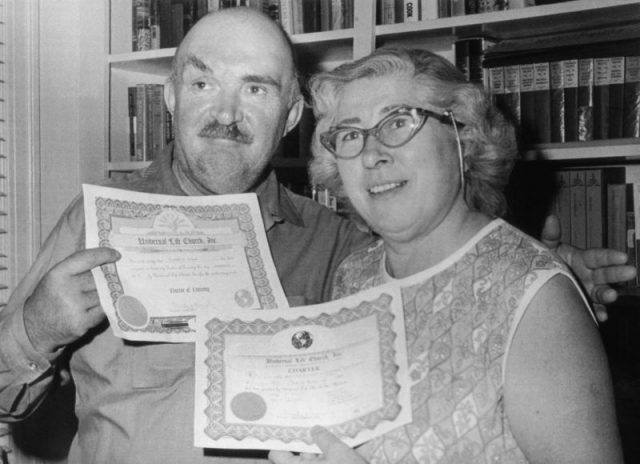
She went on to found American Atheists, an organization that still exists today. This cemented her reputation as an arch troublemaker. Murray O’Hair was happy to play along, appearing on talk shows and shocking people with her frank views and language.
It’s speculated that the roots of her atheism lay in her relationship with William Murray Jr. They met during the Second World War when he was an officer and she a cryptographer. They were both already married, however, William’s Roman Catholic background meant he couldn’t ask for a divorce.
O’Hair, on the other hand, split from her husband and added Murray’s name to her own. The son they had together was named William J. Murray III, and he found himself in the center of the Supreme Court controversy years later.
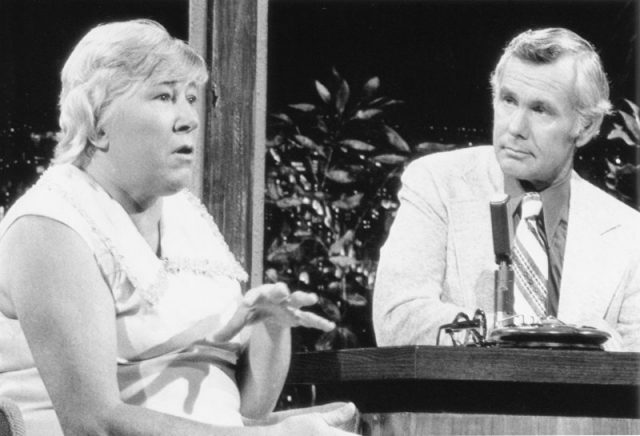
Eventually, William turned to Evangelical Christianity and rejected his mother’s work and legacy. In a statement made several years after her death in 1999, he wrote about a disturbed family life.
He believed Murray O’ Hair had a crippling influence not only on his brother Jon, but also his own daughter Robin. He wrote, “Although I was able to break away from the evil of this family, an evil that had been there for generations, they could not.
My mother did not permit either my brother or my daughter to speak to me. She had total control of them… They both called me “TRAITOR” because I had accepted Christ and changed my life. By “traitor” they meant that I no longer followed the absolute direction of my mother as they did.”
This close connection between mother, son and granddaughter had a tragic end in the mid-Nineties, when the three were kidnapped by a former office manager for American Atheists, David R. Waters. Waters had been sacked by Murray O’Hair for stealing $54,000 from company coffers.
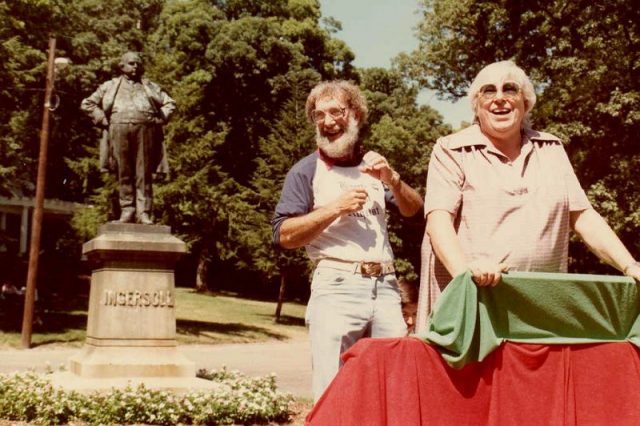
He had a background as a convicted killer, and together with Gary Karr and Danny Fry they held Madalyn and Robin captive while using Jon to try and obtain money. The family were then brutally murdered, with Fry meeting his demise at the hands of Waters and Karr soon after.
Waters became a suspect when investigators read a newsletter article O’Hair wrote after she fired him from the company. In it she talked about his criminal past.
The family’s exact whereabouts were a mystery until 2001, when an incarcerated Waters revealed they could be found buried at a Texas ranch.
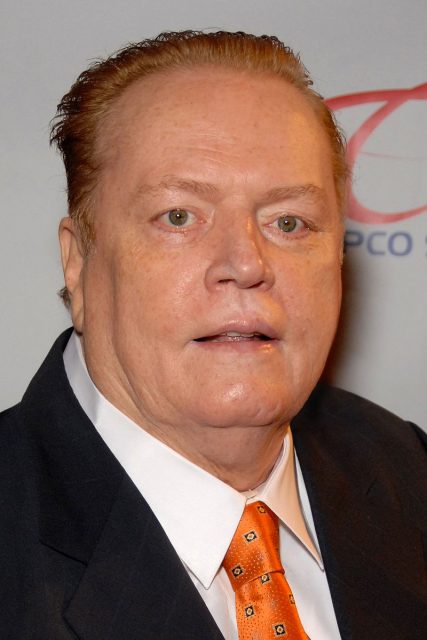
Madalyn Murray O’ Hair can be viewed as a bold campaigner or reckless attention seeker. She was backed by high profile individuals such as Larry Flynt and was seen as a true subversive. Her son, on the other hand, condemned her for supposed Communist sympathies and a belief in her own hype.
In 2017 Netflix produced the biopic ‘The Most Hated Woman In America,” starring Melissa Leo as Murray O’Hair and produced by Elizabeth Banks. The film was well-received in some quarters but criticized in others, not least by William. He thought the filmmakers took too much creative licence and hadn’t done their research.
As for Murray O’Hair’s own words, they still have resonance for many today. The Guardian quotes her from 1989 in relation to the direction she felt her world was taking.
“There’s an absolute steady retreat into what I call neofascism – but it’s really old-time fascism – into a robber-baron society and a religiously dominated society, and that’s not cyclical because they have new weapons at hand now, mainly communications technology with which they can rapidly disperse ideas.”
